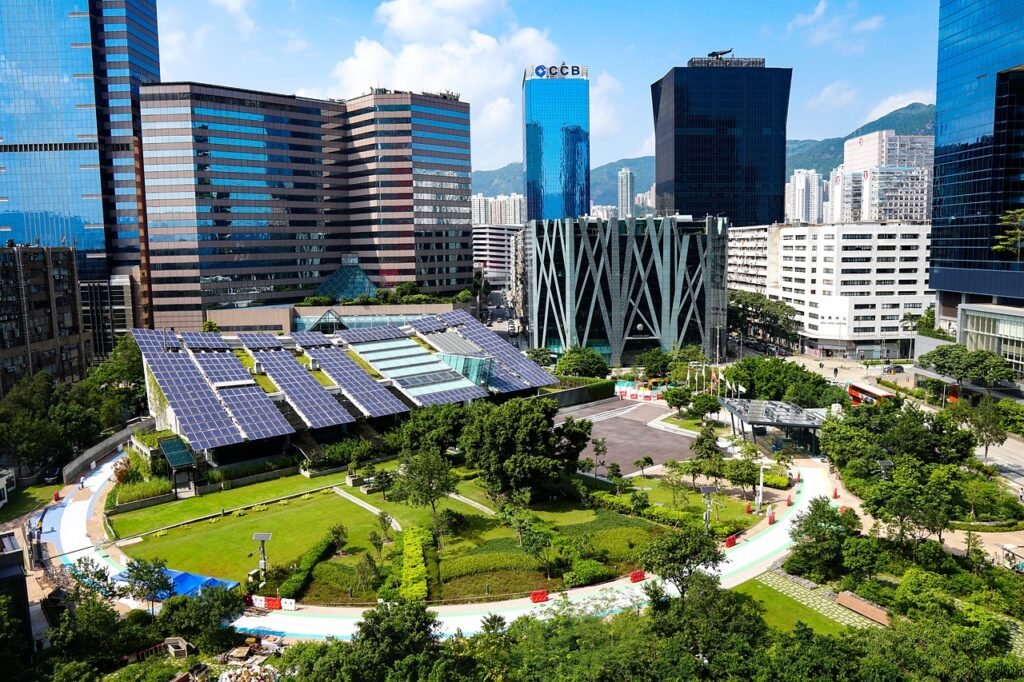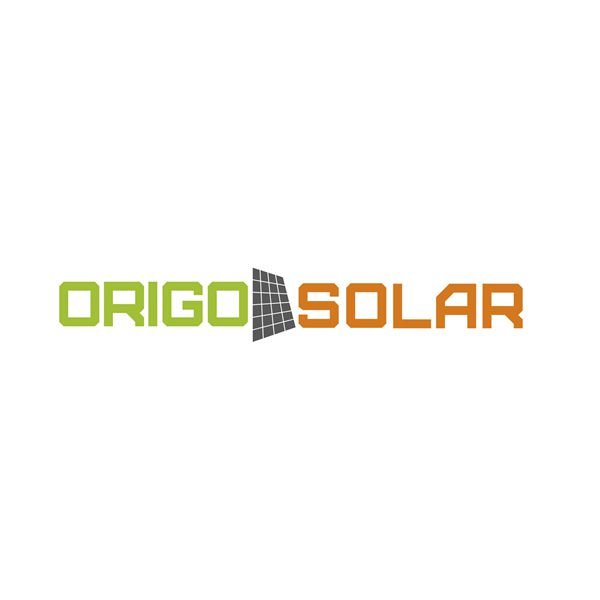After the Solar Media Europe Large-scale Solar Exhibition in Lisbon, Portugal, Jonathan Touriño Jacobo interviewed the founder and CEO of HEC Solar, a Bulgarian solar project developer, Vladimir Tabutov.
They discussed recent and upcoming changes in renewable energy technology utilization regulations in Bulgaria.

Legislation on Renewable Energy in Bulgaria
Legislation in the renewable energy sector in Bulgaria, particularly in the solar energy field, has made it easier for various developer groups to implement solar projects. The revised Renewable Energy Act and Energy Act have significantly reduced the time and complexity of the development process. The time and complexity required for residential and industrial self-consumption systems have been greatly reduced.
The revision of the laws has created a new section called “Power Storage,” which regulates the activities of operators, storage facilities, equal access to transmission and distribution networks, equal access to all electricity markets, and possible balancing mechanisms.
The proposed amendment to the Energy Act provides an opportunity for transmission network operators. If the purpose of grid connection is network reconstruction and development, operators can propose temporary grid connection schemes for all or part of the applied power.
Therefore, power producers and customers have the opportunity to choose whether to join after the relevant network reconstruction is completed or to use the proposed temporary grid connection scheme.
The design and development capacity of the Bulgarian grid is approximately 12GW, and it remains to be seen whether the current government can push for the necessary legislative reforms.
How will the new legislation accelerate the development of solar photovoltaics in Bulgaria?
Vladimir Tabutov: In the past two parliaments, renewable energy legislation in Bulgaria, particularly in solar energy, has made it easier for different developers to realize their solar projects. The Renewable Energy Act and Energy Act have been revised, significantly reducing the time and complexity required for the development process. For example, the development process for residential and industrial self-consumption projects has been reduced from 6-8 months to the statutory deadline of 4 weeks.
In addition, several development processes have been eliminated, improving the process for small residential projects below 20kW. The upcoming changes regarding capacity zones will make some improvements to the procedure by eliminating certain steps in the development process, ultimately achieving a more transparent and faster development process.
Are legislators considering expediting the approval of the waiting 30GW solar projects for grid connection?
Vladimir Tabutov: In the 48th parliament, we adopted a temporary measure that allows all reserve capacity of existing substations to be used for projects in the application process. This has tremendous potential for urgently releasing grid capacity, almost doubling the existing capacity of over 300 substations in Bulgaria.
For example, a 50kVA substation equipped with an equally sized secondary backup transformer has not been able to be used for new solar projects until now. We modified the legislation so that project developers can temporarily use this capacity until the newly constructed substations, based on the new regulations, are completed.
Another pending amendment is the introduction of new reserve fees and online registration for applicants, which will discourage financially unsecured developers. However, this amendment did not pass due to the short term of the 48th parliament.
Developing the Bulgarian grid lies in existing capacity, regulation, and legislation. What measures are currently being taken to improve the grid?
Vladimir Tabutov: Paradoxically, simplifying the project development process to expedite projects’ progression to the construction preparation phase on paper will further delay the actual implementation of solar power plants unless the physical and legal infrastructure of the grid is simultaneously improved.
The total capacity of the Bulgarian grid design and development is approximately 12GW. When it comes to the grid “hardware,” such as substation and transmission line infrastructure, including all new renewable energy projects in the grid carries risks. To ensure that all these power stations can efficiently obtain guidance on power generation, very careful and technologically proficient planning should be executed.
For instance, the peak electricity demand in winter this year was approximately 6500MWh. The development pace of peak capacity exceeds consumption trends, so technical solutions are needed to direct surplus electricity output (currently averaging around 2000MW/h) or store electricity. Therefore, constructing new grid infrastructure, substations, lines, and energy storage facilities constitute the hardware we need. To achieve this relatively quickly, appropriate legislation is required.
Are there any challenges in the legislation that hinder or cannot be improved in the growth of solar PV and/or grid capacity in Bulgaria?
Vladimir Tabutov: The construction of international interconnection capacity is crucial for the balance of the integrated markets of Bulgaria, Greece, and Romania. The TSOs of each country are working closely together to improve interconnectivity, but the implementation of these projects will take several years at least. Therefore, if interconnection conditions are not ultimately improved, price differences may arise among these countries, depending on each country’s supply and demand.
Are there any innovations in this new legislation that have not been implemented in the legislation of neighboring countries like Romania and Greece or other European countries, and these innovations will benefit the development of solar photovoltaics?
Vladimir Tabutov: A good example is that in the 48th parliament, we revised the Energy Act and introduced definitions and procedures for energy storage. For example, installing battery storage in existing solar facilities does not require new construction permits, allowing the utilization of funds and rapid development of grid storage capacity.


